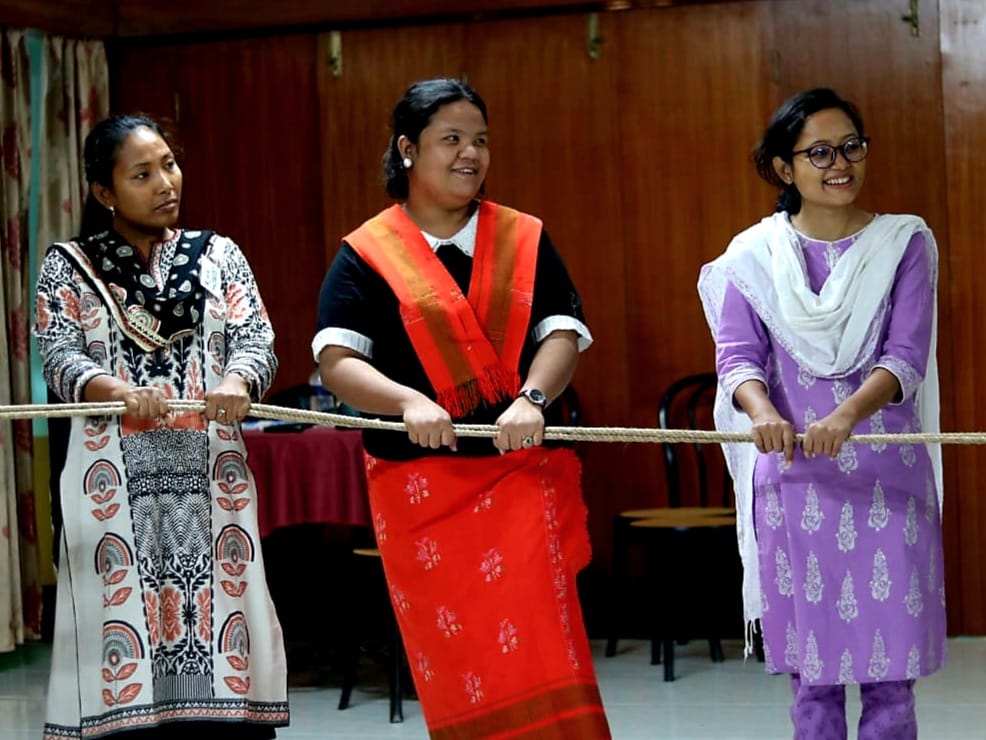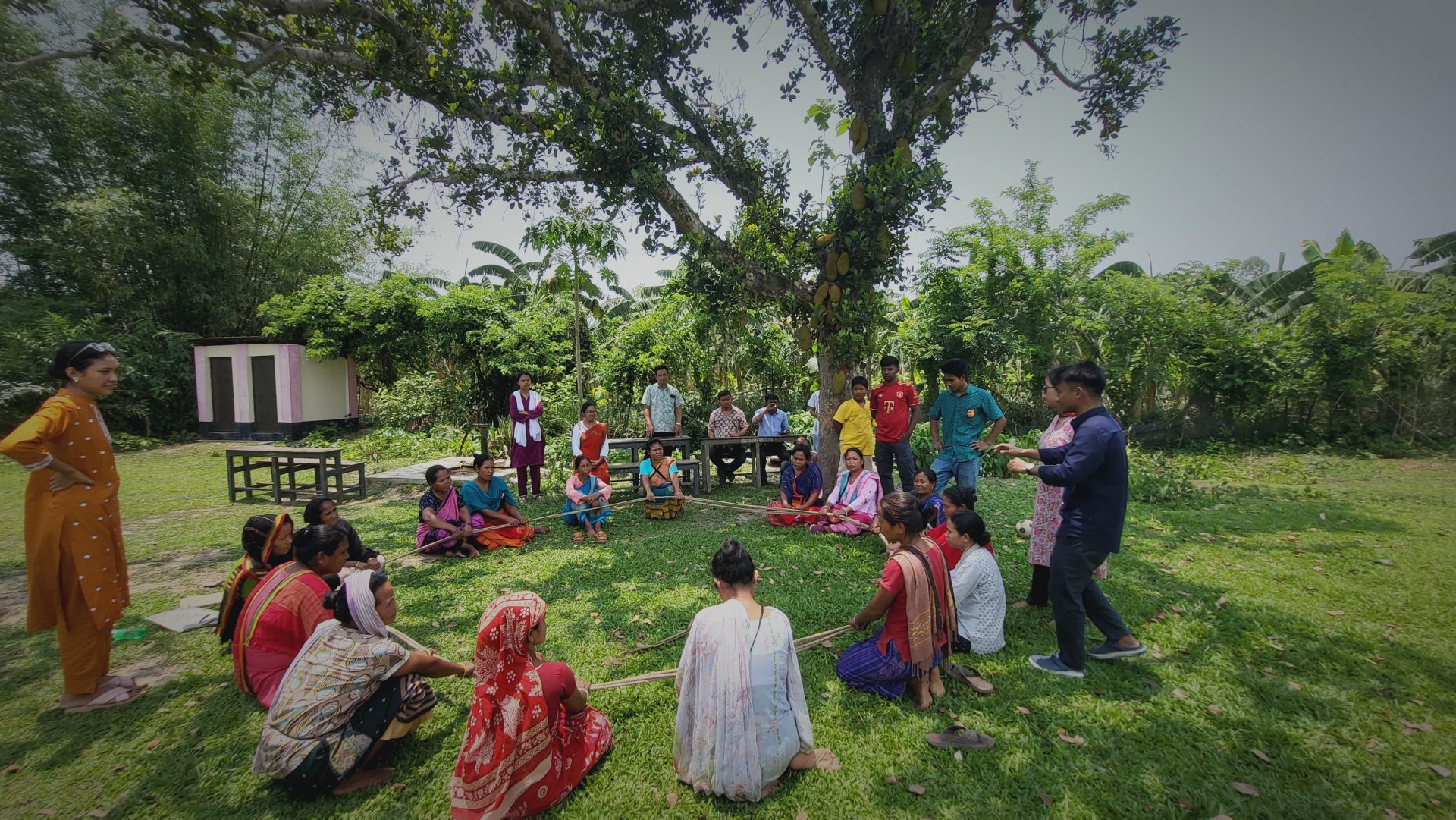A group of Indigenous youth leaders from the Mymensingh and Dinajpur dioceses took part in a two-day animation program designed to promote participatory engagement within Basic Ecclesial Communities (BECs), while affirming their cultural identity and ecological responsibility.
Held from May 8 to 9, the program was organized by the River Above Asia Oceania Ecclesial Network (RAOEN) and Caritas Mymensingh Region under the theme “Towards Building Participatory Basic Ecclesial Communities.”
The event gathered 20 participants from six Indigenous organizations— Bangladesh Garo Chattro Sonnghoton (BAGACHAS), Garo Student Union (GASU), Bangladesh Catholic Students’ Movement (BCSM), Garo Student Federation (GSF), MIKRAKBO, and ASARU.
The initiative is part of a broader regional effort facilitated by James Pochury, who is conducting similar sessions across five dioceses in three countries for Indigenous youth leaders, priests, and religious.
The process combines immersive learning and game-based methods aimed at fostering inclusion and spiritual engagement.
“Everyone felt deeply impacted by the immersive and games-based participatory process,” said Pochury. “The purpose of the Mission is to strengthen Communion in a Participatory way, especially in the most exploited, discriminated, dispossessed, and marginalised indigenous lands.”

The sessions in Bangladesh followed similar programs held in India’s Jamshedpur Diocese and at Don Bosco University, and preceded another round in Ranchi Archdiocese, located in what Pochury described as “the indigenous heartland” of India.
Pochury warned that Indigenous communities across the region face mounting threats to their land and livelihoods.
He said dominant communities are “encroaching indigenous lands” while “existing progressive laws of the land are being amended to favour supremacist, capitalist, neoliberal and neo-colonialists.”
He described a deliberate manufacturing of an “agrarian crisis to capture land for corporate farming and build economic zones,” warning that such developments would “only fill the indigenous people in the subservient, lower rank and file of the employment command chain.”
The program in Mymensingh used participatory methods to encourage active involvement, helping participants gain a sense of ownership in the process.
In Jamshedpur Diocese, Bishop Telesphore Bilung, SVD—who also serves as President of the Tribal Commission of the Catholic Bishops’ Conference of India—personally sat through the full two-day session alongside other participants, underscoring the Church’s commitment to walking with Indigenous communities.
The animation initiative is set to continue in Ranchi Archdiocese under Archbishop Vincent Aind, further expanding efforts to empower Indigenous youth through faith-based ecological engagement.
Organizers emphasized that by fostering mutual listening, collaboration, and peaceful advocacy, the youth can play a vital role in building inclusive, faith-driven communities that also defend Indigenous rights and ecological integrity.







